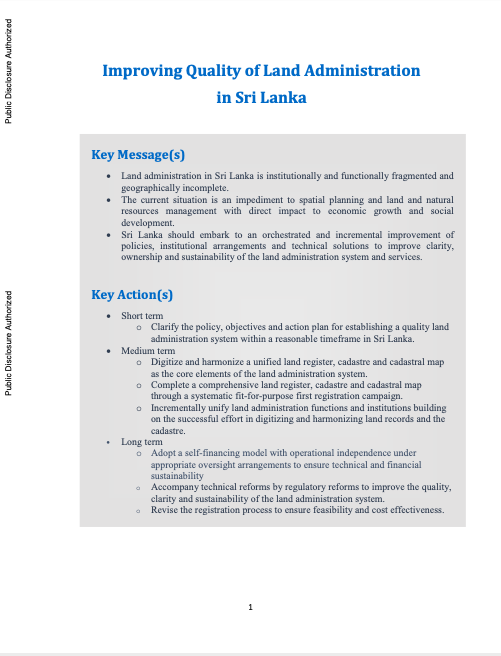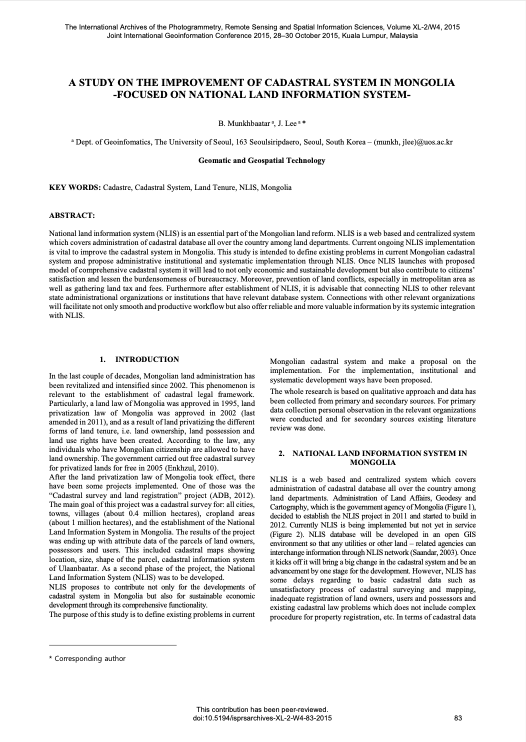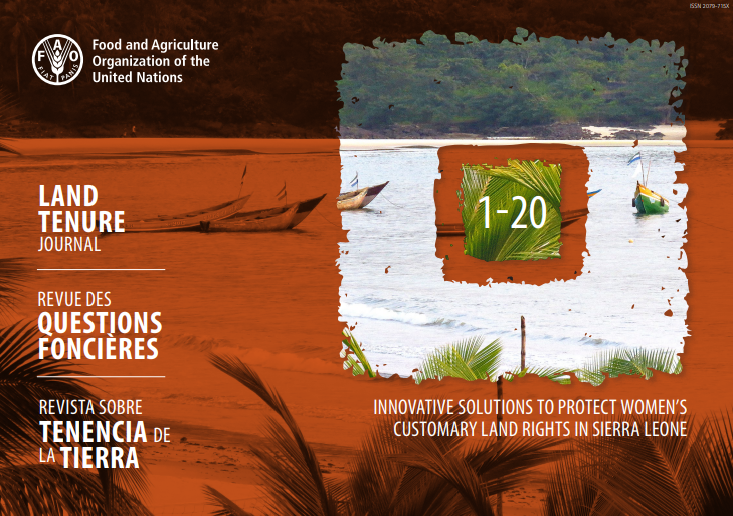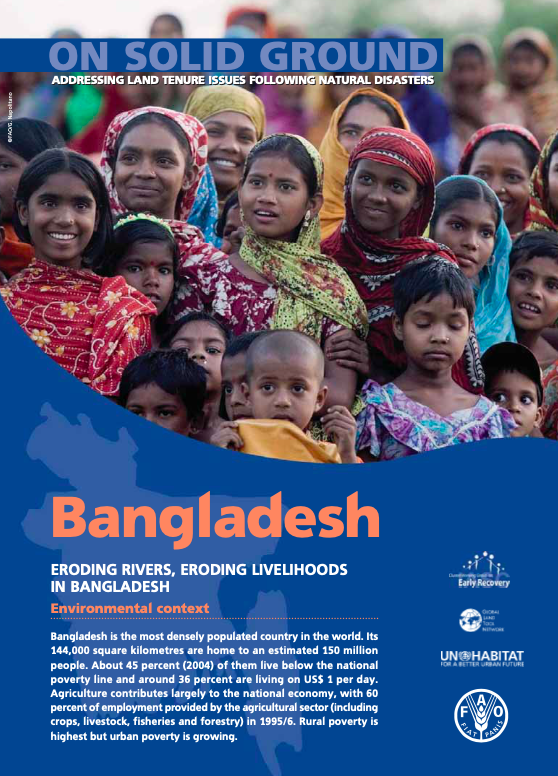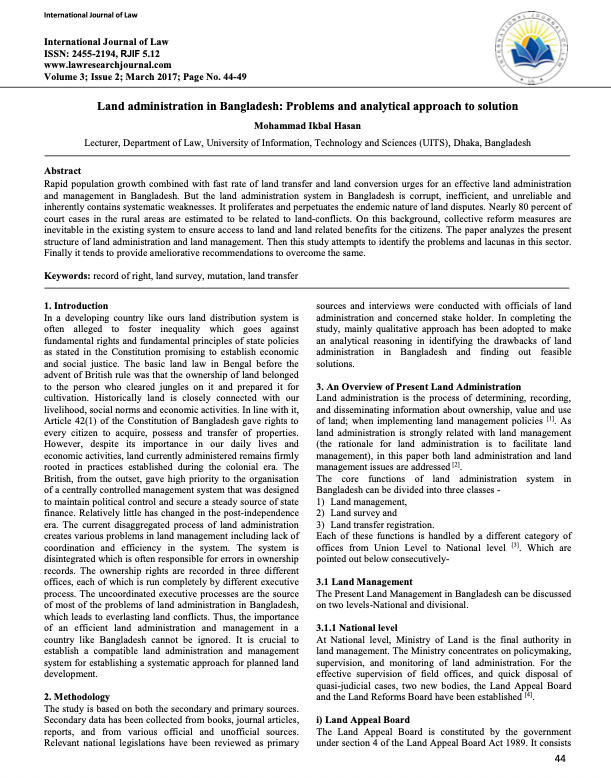The potential of distributed ledger technologies in the fight against corruption.
Over the past two decades, academics and development practitioners have written extensively about the harmful impact of corruption on economic development and social outcomes. From an economic perspective, corruption diverts resources away from their most productive uses, acting as a regressive tax that supports the lifestyles of the elite at everyone else’s expense. Corruption undermines the legitimacy of political systems by providing the elite with alternative ways of holding on to power, rather than through genuine democratic means.

